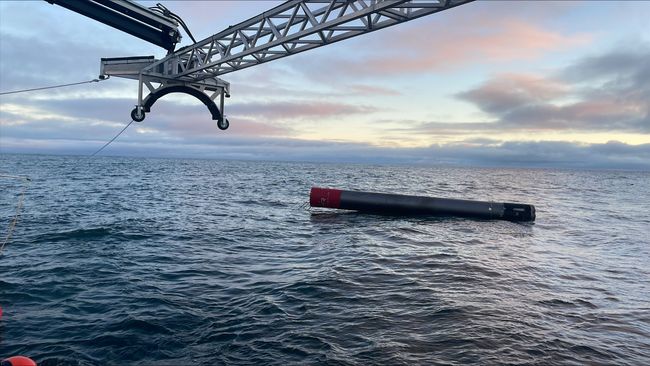New horizons for Rocket Lab and missions to launch small satellites into Earth orbit
31 January The Electron rocket successfully launched four private satellites into low-Earth orbit, then the first stage splashed down safely in the ocean. Rocket Lab then recovered the accelerator and delivered it for testing and analysis.
Rocket Lab has repeatedly restored Electron boosters, collecting information on how to make them reusable. However, this particular accelerator breaks new ground: Rocket Lab has returned it to the production line for final tests before a possible relaunch.
Peter Beck, founder and CEO of Rocket Lab, emphasized the significance of this event, noting: «Through an iterative development process, we have methodically refined each stage of Electron's recovery while continuing to increase our production capacity and launch frequency. This is the final part before Electron becomes reusable.
The process of returning the Electron first stage to standard production flow involves significant technical challenges. As Beck noted, a key priority is to ensure that all systems and processes meet standards to relaunch existing accelerators at scale.
A key priority in making this step a standard production flow is to ensure that our systems and processes are suitable for accepting accelerator launches at larger scales. If all tests are successful and the stage is accepted for launch, then we will consider the possibility of its re-flight in the new year», — Beck added.
The booster has already undergone more extensive testing than any other recovered Electron first stage, including testing for leaks and helium leaks. During its upcoming final phase, the launch vehicle will undergo the same rigorous tests as new boosters to ensure it is ready to fly again.
Rocket Lab has been working for several years to make Electron's first stages reusable. During this time, the company has made a number of changes and improvements in this direction, such as updating the carbon composite structure to withstand thermal loads during reentry, refining the parachute system to ensure reliable and smooth braking from more than 2300 meters per second to 10 meters per second. In addition, the company has improved telemetry and tracking systems so that the team can locate the stage as soon as it splashes down. Simplified the process of getting out of the water in less than an hour, and also worked on safe transportation back to the Rocket Lab production complex.
If Rocket Lab's efforts are successful, Electron will be the first small launch vehicle with a reusable first stage. This is a significant step in the development of the space industry, given that at the moment reusable boosters are used mainly in large rockets such as SpaceX's Falcon 9 and Falcon Heavy.

